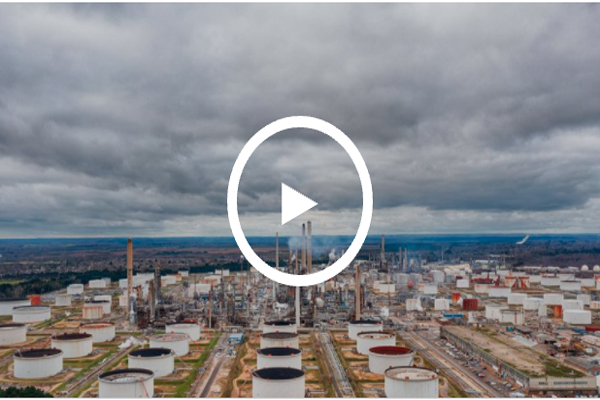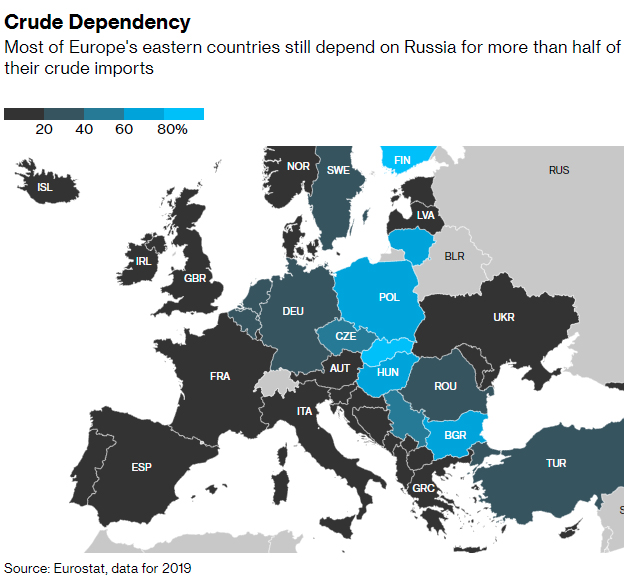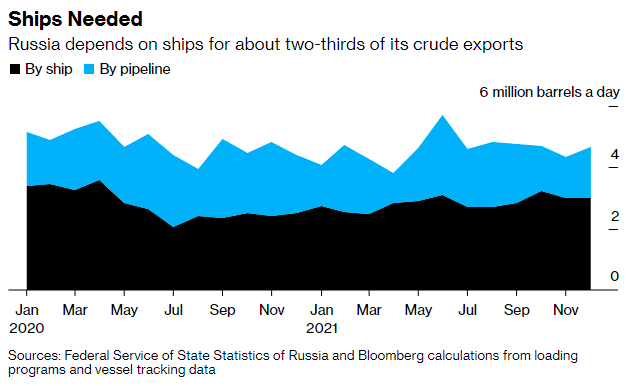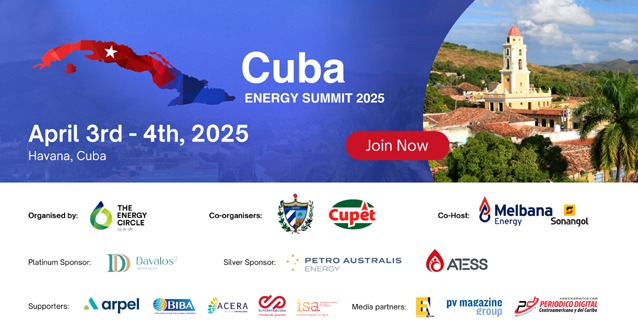- Disruption resembles oil crises of 1970s, says Goldman Sachs
- An array of vital commodities have shattered price records

(Source: Bloomberg)
Grant Smith, Bloomberg News
LONDON
EnergiesNet.com 03 05 2022
Russia’s invasion of Ukraine and the resulting international backlash have plunged energy markets into chaos, threatening dire economic consequences that rival those of the 1970s oil shocks.
Bloomberg’s gauge of raw materials was set for its biggest weekly gain since at least 1960 as sanctions on Russia scared off buyers. Coal racked up an unprecedented 80% rally, European natural gas broke price records and oil futures swung in the widest range in three decades.
“You don’t shut down the second-largest commodity producer in the world and not expect bad things to happen,” said Jeff Currie, head of commodities research at Goldman Sachs Group Inc.
Russia’s sudden economic isolation is choking off a major global source of energy, metals and crops. It’s threatening the country’s very foundations and raising fears of something the developed world hasn’t suffered in decades — acute inflation and real energy shortages.

In just over a week, an almost unthinkable event has become the new reality for one of the world’s largest commodity exporters.
“Russia is being disconnected from the world economy,” Daniel Yergin, an oil and gas historian and vice chairman of consultants IHS Markit Ltd., said in a Bloomberg Television interview. “The process that began in the 1990s of Russia connecting with the world economy, being integrated with the world economy, is very rapidly going into reverse.”
The consequence has been energy-market mayhem.
Brent crude futures soared to a 10-year high near $120 a barrel as the inability to secure insurance or tankers resulted in an effective boycott of millions of Russian barrels each day. Roughly two-thirds of the country’s supplies were off-limits, JPMorgan Chase & Co. estimated, potentially putting the oil price on track to hit $185 a barrel by the end of the year.
Other major benchmarks have set records: European natural gas above 200 euros ($218) per megawatt hour; coal futures surpassing $400 a metric ton in Australia; a key measure of the scarcity of diesel known as the prompt timespread reaching $77.25 a ton.
It’s not just energy. Wheat jumped to the highest level since 2008, above 400 euros a ton in Paris, as the Ukraine war cut off about a quarter of the world’s exports. Aluminum hit a record above $3,800 a ton on the London Metal Exchange and copper closed in on its all-time high.
“We’ve never seen such steep and sudden commodity price spikes across so many assets,” said Henning Gloystein, an analyst at Eurasia Group. “Until there’s significant de-escalation, the record or elevated prices due to sanctions and disrupted supply chains will continue for many commodities.”

The drop in Russia’s oil exports could ultimately resemble the meltdown that engulfed Iran from 1978 to 1979, when its petroleum sector buckled under the twin pressures of revolution at home and an asset freeze by the U.S. government, Goldman’s Currie said.
“The economy disintegrated, production and exports went to zero, expertise fled,” said Currie. For four decades since the revolution, Iran’s oil output has averaged about half the level of 6 million barrels a day achieved in the mid-70s, according to data compiled by Bloomberg.
Short-Term Fixes
International efforts to tame the market tumult have proved fruitless, even major actions such as the first coordinated deployment of emergency oil stockpiles by the members of the International Energy Agency in a decade. This creates a particularly perilous situation for U.S. President Joe Biden, as he heads to midterm elections with slipping approval ratings.
Temporary relief for consumers could come from an unlikely quarter: Iran. Diplomats in Vienna are closing in on a nuclear accord that could remove sanctions on the Islamic Republic’s crude, green-lighting the return of well over 1 million barrels a day to the market.
Yet even that could still be eclipsed by the scale of supply losses from Russia if the war in Ukraine keeps escalating.
“Iran is almost a drop in the bucket at this stage,” said Helima Croft, chief commodities strategist at RBC Capital Markets.
The rest of the OPEC+ coalition has remained on the sidelines. Saudi Arabia has rebuffed calls from the White House to cool the price rally by tapping its spare production capacity, a move that would strain its own political ties with President Vladimir Putin.
For other forms of energy there are even fewer options. The European Union, which gets about 40% of its natural gas from Russia, could reduce those imports by a third, according to the IEA. But it would take a year and require major government interventions into people’s everyday lives, such as asking households to turn down their thermostats and replace their gas boiler with an electric heat pump.
The Russian energy crisis is something that will reverberate around the world for years to come, said Meghan O’Sullivan, professor of International Affairs at Harvard’s Kennedy School.
“We could look back at this moment and see it as the inflection point that tipped the world back into recession and reinforced already nascent trends toward de-globalization and fragmentation of the global order,” O’Sullivan said. The events of the 1970s “helped usher in a new period of geopolitics and a period of global stagflation — this current crisis has the potential to do the same.”
— With assistance by Jake Lloyd-Smith, Tom Keene, Devika Krishna Kumar, Alex Longley, Martin Ritchie, and Stephen Stapczynski
bloomberg.com 03 05 2022












